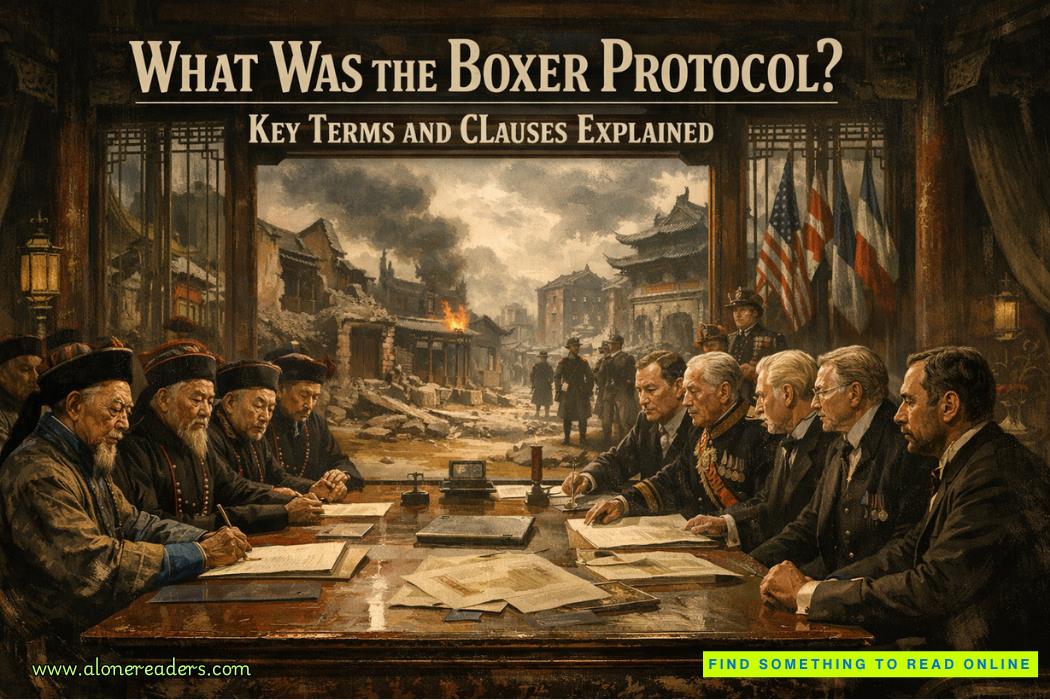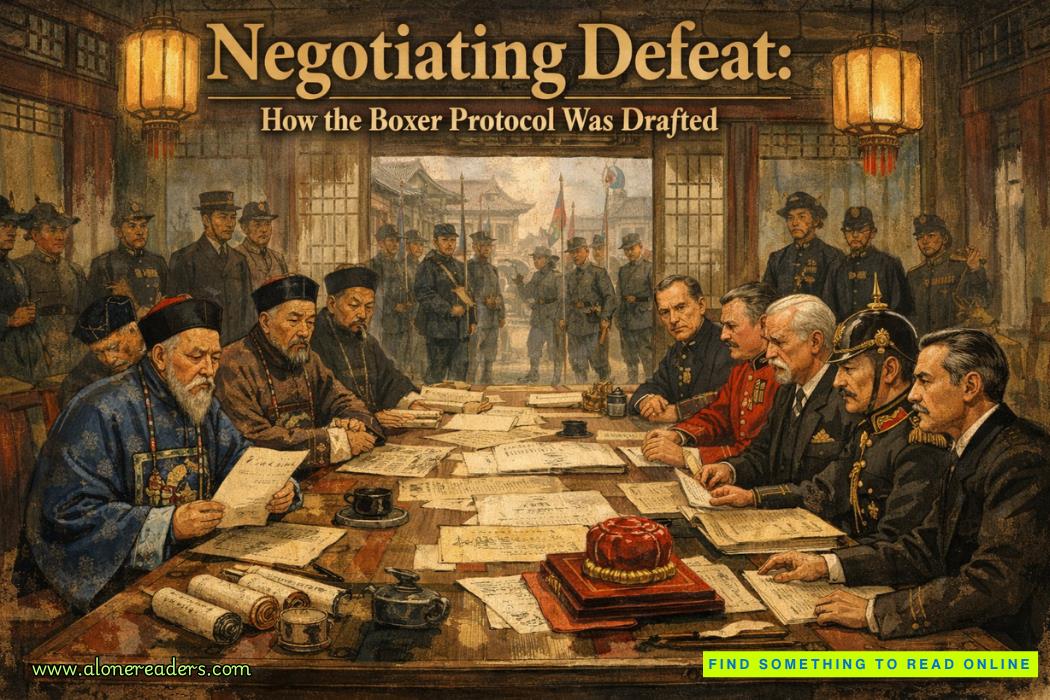The anxiety came in like a flood. Rushing past her ribs, up her throat, down into her limbs, every part of her suddenly waterlogged. The sweetness that had lingered in her body a moment ago— sugar and flour and Beck’s hands around her from the night before— drainedfrom her, all at once. Like someone had reached inside and flipped off a switch. She wasn’t ready. She wasneverready, not for this.
She didn’t answer right away. She just stared at the screen, watching the seconds tick past as though they were counting something bigger than time. Her hand froze mid-air, gripped in that now-familiar war between silence and surrender. Shecouldlet it ring out, let it fade like so many other calls. But a part of her— a small, stubborn, fractured thing buried somewhere deep— still wanted to believe he might say something different this time. Something fatherly. Something that erased the years of fractured interactions between them.
So she answered.
“Hello?” her voice was small, barely tethered to her.
There was a pause from the other end, almost as if he was surprised she’d answered. Then, his voice came through, flat and unbothered, like he’d dialed out of routine more than intent. “Hazel.”
Just her name. Nohello, nohow are you, noI’ve missed you. Just a placeholder. A name spoken like it didn’t belong to a person at all, let alone a person he’d once taught to walk and talk.
Hazel’s throat dried up immediately. The remaining warmth clinging to her skin, to herheart,began to cool and fade.
“Hi,” she offered back. “Good morning.”
She leaned her hip against the counter to keep from pacing, trying to anchor herself with posture if not with breath.
“I know you’re usually up at this hour and I was just thinking about the house,” he said, like it was a natural progression, like this wasn’t the first time he’d called in weeks. Like she’d ever asked him for his advice, for his help. Hazel blinked, her eyes widening— not in recognition, but in sheer surprise.
He still hadn’t said a word about the article.
She’d sent it to him weeks ago, the link pasted carefully beneath a short, cautious message. It had been a small offering, a quiet bridge. He’d seen it almost immediately— she’d watched the little notification flicker to life,seen— and all he’d done was react with a thumbs up. No message, no comment, not even a question.
And somehow, that silence hurt more than if he hadn’t opened the message at all.
“Have you thought any more about selling?” he asked, as if they were already mid-conversation.
She stared at the counter before her, her mouth half-open, the question echoing into the hollow space he’d left.
Nowhat are your plans for the holidays?No mention of the bakery, no questions about her life or whether she was lonely or how she was doing without her grandmother there to anchor her. Just the house, just the inheritance— just the thing he’d never earned the right to care about.
It was always like this. Transaction over tenderness. Logistics over love. Always an arms length between them that felt more like the width of an ocean.
“I haven’t,” she said, and her voice was too steady to be safe. “Because I’m not selling.”
He exhaled into the phone. Whether it was a sigh or a scoff, she couldn’t tell.
“You could get a good price for it,” he continued, undeterred by her words, as if she hadn’t spoken at all. “The market’s still strong. You could buy a condo or a townhouse in Boston. Something more manageable.”
That word.Manageable. It struck her like a stone to the chest.
Like she wasn’talreadymanaging, like she hadn’t been managing every single day since she stepped into this town carrying nothing but grief and stubborn hope. As if she hadn’t risen before the sun each day and worked herself raw, as if she hadn’t built something steady and warm out of memory and mortar and soft light.
She’d been managing, and then some.
Her pulse pounded, louder than the soft churn of the proofing oven behind her. Her breath came fast and short, little breaths that had begun to create an ache in her lungs. Her hands itched with the need todosomething— slam the phone down, or throw it across the room, or grip it harder until the cheap plastic casing cracked in her palm.
“I’m managing just fine,” she said, and this time the words came edged with something sharper. “I like being here and the bakery’s doing well, Dad.I’mdoing well.”
But the words felt off, like a borrowed coat she hadn’t quite grown into. They sounded too eager, too defensive, like she was still waiting for him to believe her. Like she still needed him to tell her she was right, that he was proud, that hesawher.
There was a pause on his end. She could hear it in the quiet, the rustling of his shirt collar, the shift of his weight, the beginning of another sentence already forming behind his teeth.
And then it came.
“You’re alone out there, Hazel. I just don’t want you to end up overwhelmed, like your mother was. I worry about you, you know.”
The comparison to her mother carved straight through her.















